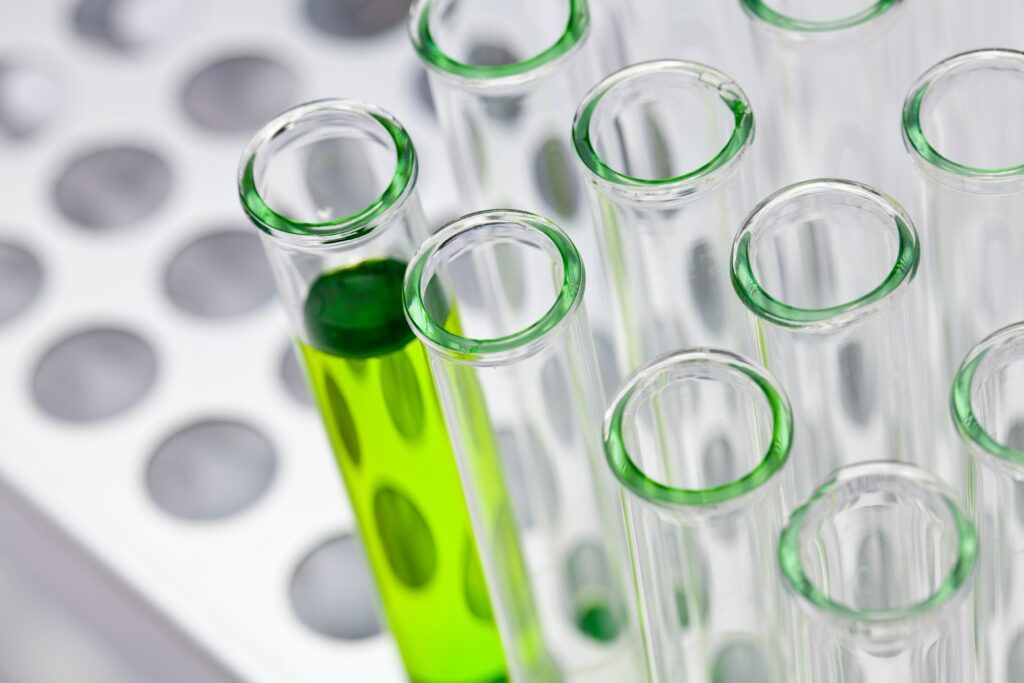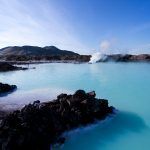Expected Outcome:
Progress towards more and better links between research and innovation actors across European Research Area and beyond is a requirement if Europe as a whole is to capitalise on excellence from across the continent. To foster brain circulation for researchers and innovators the intervention point of the ERA Chairs actions is attracting in a sustainable manner outstanding scientists and innovators to universities or research organisations in catching up countries and regions. This measure of “brain gain” and creation of pockets of excellence will impact on the culture and performance of host institutions.
The leadership of the ERA Chair holder and the creation of a permanent and excellent research group in the chosen scientific field will ensure excellence, visibility and better integration in the European Research Area, as well as fostering competitiveness in research funding and promoting institutional reforms aligned with ERA priorities.
Projects are expected to contribute to some of the following outcomes:
At system level:
- Increase in number of R&I talents moving to host organisations in Widening countries
- Increase in international, interdisciplinary and intersectoral mobility of researchers and innovators
- Encouraging institutional reforms in research institutions and in the national R&I system in widening countries
- Strengthening of Widening countries’ human capital base in R&I with more entrepreneurial and better trained researchers and innovators
- Better communication of R&I results to society
- Better quality and capacity of research and innovation contributing to Europe’s competitiveness and growth
- Improved excellence capacity and resources in Widening countries and close the still apparent research and innovation gap within Europe
At organisation level:
- Research excellence of the institution in the specific fields covered by the ERA Chair holder.
- Increased attractiveness of the institution for internationally excellent and mobile researchers.
- Creation of a permanent and excellent research group in the chosen scientific field with a spill-over effect on the institution;
- Improved capability to succeed in competitive research funding in the EU and globally, at least, in the fields of choice;
- Greater contribution to the knowledge-based economy and society
Scope:
Research organisations located in widening countries interested in establishing an ERA Chair shall submit a proposal with the prospective ERA Chair holder who should be an outstanding researcher and/or innovator in the chosen scientific domain. The scientific field can be any domain of research and innovation addressed under the Treaty on the Functioning of the European Union.
The institution in the Widening country shall be the coordinator and can opt between a joint application with the legal entity currently employing the future ERA Chair or submitting a proposal as a single applicant. For the former, partner institutions can be located in any country (including countries outside the EU) except the country of the coordinator and ERA Chair holders can be citizens of any country in the world.
Proposals should include a CV in Europass form of the future ERA Chair holder and detail the scientific and technical support he/she will provide to the coordinator and how the proposed activities will upgrade from the current situation. If there is a partner institution proposals should outline any additional support to be provided by it to the coordinator. Proposals should also describe any relevant investments of the coordinator in research projects, facilities and infrastructures and how those will be achieved and/or a better use of the installed research capacity (in particular of EU co-funded research infrastructures & facilities). Existing or foreseen arrangements for compliance with ERA priorities including the European Charter for Researchers & Code of Conduct for the Recruitment of Researchers are to be outlined in the proposal.
ERA Chair holders should be excellent researchers and/or innovators in the chosen field of research. They should establish a research team fully integrated in the coordinator’s institution to significantly improve its research performance in the scientific domain of choice and to be more successful in obtaining competitive funding. The selection of personnel to the research team is to be conducted by an international recruitment panel leaded by the ERA Chair and outlined in proposals. The ERA Chair holder should also have a position within the organisation/university, allowing her/him to make appropriate resource allocation decisions, supervise team members and freely apply for research funding. When this is compatible with the nature of the coordinator, he/she is expected to take on some teaching duties.
To allow for the determination of the commitment of the future ERA Chair holder and of the coordinator institution, proposals shall include: 1) a letter signed by the prospective ERA Chair holder expressing his/her commitment to the proposal and willingness to take on the underlying tasks and obligations; 2) a letter from the head of the coordinator institution committing to the proposal and stating that the ERA Chair holder is to receive adequate support to take on her/his tasks and duties including, for example, access to research facilities, supervision of researchers, teaching duties (if any) and capacity to apply freely to national and international funding.
The ERA Chair holders might move on a temporary or permanent basis to the coordinator’s premises. To this end, secondments or any other legal arrangements (e.g., leave without pay, sabbatical licences) are possible including part-time work and multiple stays. All contractual arrangements and the timeline of ERA Chairs stays at the coordinator should be indicated in the proposal as well as the salary, travel and daily allowances and/or other perks to be offered. If, at any stage, the preferred option is an employment contract, the future contractual arrangements with the coordinator should be detailed.
To ensure the sustainability of the action, the ERA Chair research team should have conditions to thrive after the end of the Horizon Europe funding. This should be clearly demonstrated in the proposal and include the appointment of the leader of the newly created research group on a permanent basis within the coordinator organisation (to which the ERA Chair holder might apply) during the initial 3 years of the duration of the grant. This is to be conducted through an open recruitment procedure to be monitored by the European Commission.
Grants have an expected duration of up to 5 years and cover expenses related to the ERA Chair holder and a number of team members (e.g. their salaries, recruitment costs, administrative costs, travel and subsistence costs) and research costs up to 10% of the EU contribution. Costs to be claimed by a partner institution should be mainly linked to personnel seconded to the coordinator. The grant should also provide a contribution towards measures aimed at facilitating structural changes in the institution (e.g. costs for trainings, meetings, publications and managing Intellectual Property Rights (IPR).
Specific attention should be paid to gender equality objectives, in line with the organisations’ commitments through their adopted gender equality plans, and in line with ERA objectives, as far as appropriate.
Deadline
15 March 2022







Leave a Reply